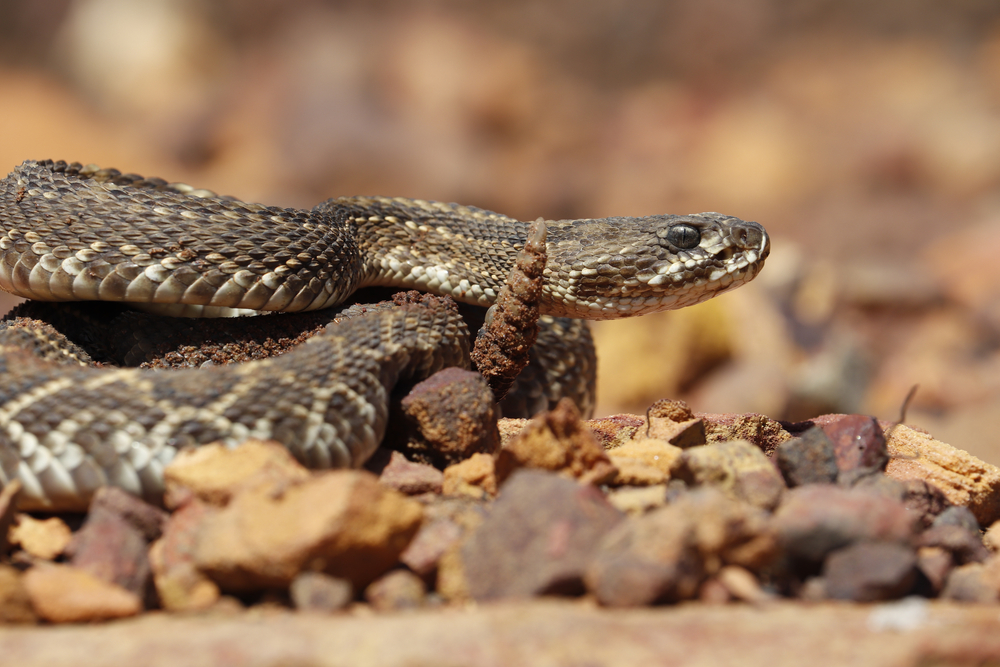
As a pet owner, one of the most alarming experiences can be when a beloved companion is bitten by a snake. While rare, snake bites can be fatal if not handled promptly and appropriately, so pet owners must be well-informed.
Identifying the Dangers of Snake Bites
The venom from a snake bite can cause extensive local tissue damage, leading to pain, swelling, and necrosis around the bite site. Depending on the species and toxicity of the snake, a bite can also lead to severe complications, including organ failure, paralysis, and in worst-case scenarios, death.
Snake venom can affect the blood's clotting ability, leading to uncontrolled bleeding. The venom can also rarely cause severe reactions, such as anaphylaxis, which can lead to difficulty breathing and even cardiac arrest.
Recognizing the Signs of a Snake Bite in Your Pet
Knowing how to recognize a snake bite in your pet is crucial. The sooner you identify the signs, the quicker you can take action. Signs may vary depending on the species of snake and the severity of the bite. However, common symptoms include swelling/bruising where the bite occurred and small amounts of bleeding. Your pet may also exhibit signs of pain, such as yelping, whimpering, or aggressive behavior.
Your pet may not display all these signs, and some symptoms may take time to appear. It is essential to act quickly even if your pet appears normal, as the effects of snake venom can be delayed.
How to Handle a Snake Bite
The moments following a snake bite are critical. The first step in handling a snake bite is to remain calm. Although this may be difficult, remember that your pet will feed off your energy.
Next, try to identify the snake if it's safe to do so. This information can be helpful for the veterinarian in determining the right course of treatment. However, your safety and your pet's immediate care should be your priority so do not go near the snake.
Do not attempt to suck out the venom or apply a tourniquet. Instead, transport your pet directed to a veterinarian for care.
Urgent Care Tips from True Animal Vet for Snake Bites
Here are some urgent care tips from The Woodlands Veterinary for dealing with snake bites:
1. Do not attempt home remedies or over-the-counter medications. Snake venom requires specific antidotes that only a vet can provide.
2. Keep your pet as calm and quiet as possible. Excitement or exercise can cause additional pain when the bite is swollen.
3. Seek immediate veterinary attention, even if your pet appears normal. The effects of snake venom can be delayed, and early treatment can significantly improve the outcome.
What to Expect at the Veterinary Hospital
When you arrive at the vet, they will assess your pet's condition and determine the appropriate course of treatment. This may include pain relief, antivenin, intravenous fluids, and possibly oxygen therapy. Your pet may need to be hospitalized for close monitoring.
The prognosis for snake bites in pets varies widely, depending on the type of snake, the location and severity of the bite, and how quickly treatment was initiated. With immediate veterinary care, many pets can fully recover from a snake bite.
Preventative Measures
The best way to protect your pet from snake bites is through prevention. Keep your yard clean and free from debris where snakes might hide. Avoid walking your pet in areas known for snakes, especially during times when snakes are most active.
Surviving a Snake Encounter
Snake bites in pets can be a scary experience, but with the right knowledge and swift action, you can increase your pet's chances of survival. By following the urgent care tips from True Animal Vet, you can ensure your pet receives the best possible care in an emergency.
For more information on how to handle a snake bite in pets, contact True Animal Vet today. We invite you to visit our clinic in The Woodlands, Texas (77381) whether in need of routine primary care or urgent and emergency veterinary services. Call (281) 867-5968 or text (281) 916-3282 to schedule an appointment today.










